

日本語と同様、1000年前の英語と現在の英語は全く違います。多くのイギリス人やアメリカ人にとって、古英語はフランス語やドイツ語と同じぐらい分かりにくいかと思います。高校や大学の英文学の授業では、生徒は古英語を少し勉強しますが、英語のネイティブは本当に古英語を読みたい場合は、数年間の勉強が必要です。しかし、古英語は本来の英語ですので、よく考えながら見てみると、色々な言葉の意味が分かると思います。では、以下の言葉を見てみましょう。
sēo sunne
se mōna
þat wīf
これらの古英語の言葉は現在の英語にすると、以下のような言葉になります。
the sun 太陽
the moon 月
the wife 妻
よくよく考えると、古英語の言葉の意味はなんとなく理解出来ますね。


古英語の写本
英語は年月とともにどのように進化してきたのかを見るのは楽しいかと思います。1000年前の英語は現在の英語と全く違いますが、400年前の英語は今とさほど変わりはありません。それを見てもらうために、3通りの英語の祈りを以下に載せます。この祈りは「王の祈り – The Lord’s Prayer」と呼ばれ、1000年以上前から現在に至るまで、英語圏の教会で唱えられてます。
古英語
Fæder ūre þū þe eart on heofonum,
Sī þīn nama ġehālgod.
Tōbecume þīn rīċe,
ġewurþe þīn willa, on eorðan swā swā on heofonum.
Ūre ġedæġhwāmlīcan hlāf syle ūs tō dæġ,
and forgyf ūs ūre gyltas, swā swā wē forgyfað ūrum gyltendum.
And ne ġelǣd þū ūs on costnunge, ac ālȳs ūs of yfele.
Sōþlīċe.
17世紀の英語
Our Father, which art in heaven,
hallowed be thy name;
thy kingdom come;
thy will be done,
in earth as it is in heaven.
Give us this day our daily bread.
And forgive us our trespasses,
as we forgive them that trespass against us.
And lead us not into temptation;
but deliver us from evil.
For thine is the kingdom, the power, and the glory, for ever and ever.
Amen.
現在の英語
Our Father in heaven,
hallowed be your name,
your kingdom come,
your will be done,
on earth as in heaven.
Give us today our daily bread.
Forgive us our sins
as we forgive those who sin against us.
Save us from the time of trial
and deliver us from evil.
For the kingdom, the power, and the glory are yours now and for ever.
Amen.
日本語の主の祈り
天にまします我らの父よ
願わくは
み名をあがめさせたまえ
み国を来たらせたまえ
み心の天に成る如く地にもなさせたまえ
我らの日用の糧を今日も与えたまえ
我らに罪を犯す者を我らが赦す如く我らの罪をも赦したまえ
我らを試みに遭わせず悪より救い出したまえ
国と力と栄えとは限りなく汝のものなればなり
アーメン

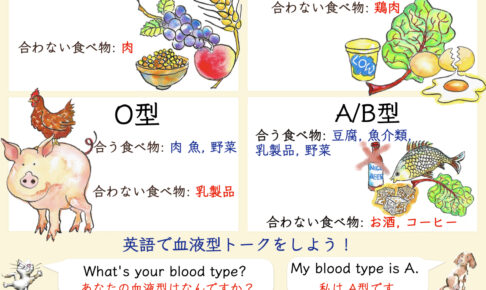
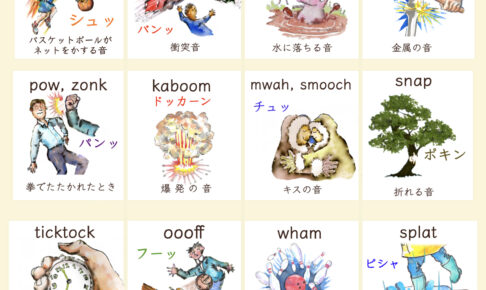
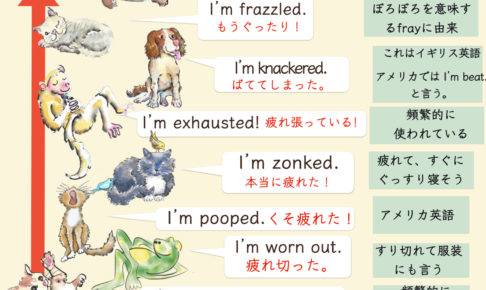
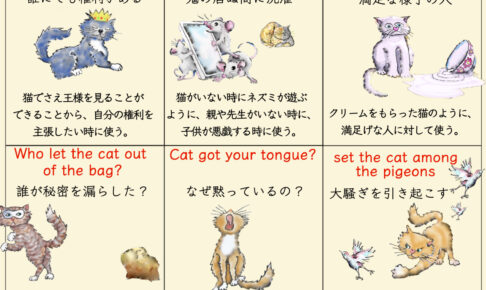




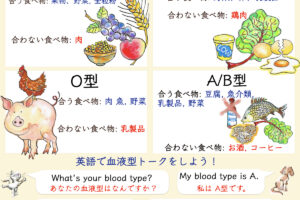
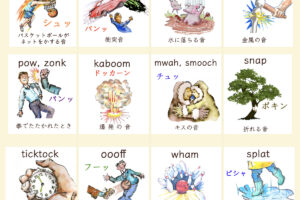
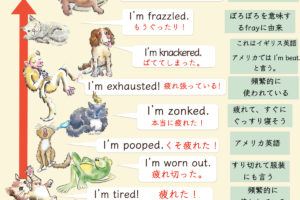
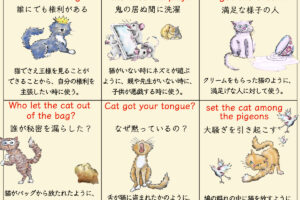
Very interesting! It sounds like the old English was influenced by Latin. I could hear some French accents and Spanish r and rr. very fascinating website:D
Hi Okina,
It sounds very different to modern English, doesn’t it?
Wow, thanks for putting this here. Truly fascinating. I started trying to learn the old English a little ago and was wanting to hear it spoken just for once! Are you thinking of future entries of this sort? That’d be great!
Hi Yuko,
Thanks very much for your encouragement. Your English is great by the way. Yes, I would like to write some more entries about literature and old English when I get the time.
ヽ(・∀・)ノヽ(・∀・)ノヽ(・∀・)ノヽ(・∀・)ノヽ(・∀・)ノヽ(・∀・)ノヽ(・∀・)ノヽ(・∀・)ノヽ(・∀・)ノヽ(・∀・)ノヽ(・∀・)ノヽ(・∀・)ノヽ(・∀・)ノヽ(・∀・)ノヽ(・∀・)ノヽ(・∀・)ノ
Old English looks like Icelandic.
I was planning to learn Icelandic because it sounds cool but actually, it is the most difficult language in the Europe and only 300 thousand people speak the language. This was not worth to learn compared with the difficulty.
I’ve heard some Welsh songs on YouTube(and their transcripts too) and found that the spelling is totally different from English. Old English somewhat sounds closer to Welsh in spelling and pronunciation than to Modern English. Also when I saw the alphabets used in the transcription, I found there were combinations of two Roman alphabet, and Runic letters.
In Modern French, combinations of two alphabets, like œ in cœur, are still quite common, while English, they are only used to transcribe pronunciation and never used when writing. How did those customs and Runic alphabets? I think I need to google it lol
Thank you for the interesting topic and video(Especially the video) !!
Sorry I made some mistakes, so let me add this;
Also when I saw the alphabets used in ”the transcription”
> the transcription in Old English
How did those customs and Runic alphabets?>How did those customs and Runic alphabets disappear ?
古英語 なまえ:nama
古日本語 わた(つみ):water
にい(がた):new
新嘗祭:クリスマス
鉄剣を発明した民族が西と東に侵攻した。
数千年後に空母を発明し北太平洋のミッドウェーにて決戦となったのでは?
「王の祈り」ではなく、「主の祈り」です。
このクニの国号は「日本」であるが
「日本」を何と読むのかははっきりきまっていない。
昭和の国会では「この国の正式な名前はなんというのか」という質問が飛び出した。
歴史の授業でも「最初は『やまと』と読んだのではないかと思われるがよくわかっていない」とのことだった。
朝鮮半島ではそれ以前から我が国にたいし「日本」をつかっていたようだ。
現在では「イルボン」とよむが「イル」は日本語の「ヒル」であり、イラン、アーリアともとれる。
すなわち「日本」とは「アーリア人の本国」ともとれる。
また、日+本を一字にすると「東」(あまりは土地、またはクニ)であり、古事記に記載された神武東征前の国名「ヒムカイのクニ」とよめる。
そう呼んだ場合「日本人」は「ヒムカイト」であり、英語の「ヒッタイト」はそのなまりともとれる。
軍事機密であったヒッタイトの刀剣技術は世界最高峰であった。日本刀の技術が世界最高峰であることからして両者が同一民族であっても矛盾がない。
日本人がアジア近隣から集まっただけの集団ならば、顔つきからして朝鮮語か中国語かアイヌ語に近いはづであるが、どれとも別系統である。古代の衣装も完全に西アジア的である。
キリスト教徒は「アーメン」というが
神道では日本民族の祖先神である高天原の神々(あまつかみ)は「ameno」で名前が始まる。
また、日本の最高神格は女神「アマテラス大御神」だがギリシャの太陽神夫妻「アポロ&テラス」神、やエジプトの太陽神「アモン・ラー」神、イスラム教「アラー」神、キリスト教「エホバ」に共通性を感じる。
クリスマスの原型は、旧暦では同時期の二日間におこなわれる「アマテラス大御神」の誕生を祝う「新嘗祭(にふなめのまつり)」である。
もともと、神道とは日本列島土着の宗教でなく、鉄とともにやってきたアーリア人:日本民族の宗教なのである。征服により異民族と「めあう(marry)]」ため遺伝的(いわゆる人種的)特徴は変化していくである。
」
着物、日本髪等は中国からの輸入文化である。
もともとの日本民族の衣装は天武天皇により7世紀に禁止されている。
ほぼ同時に、クガタチなどアーリア式の統治システムは廃止され、現在まで続く隋唐式の律令による制度にかわっている。